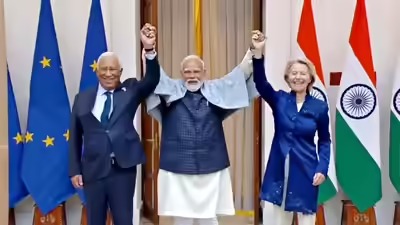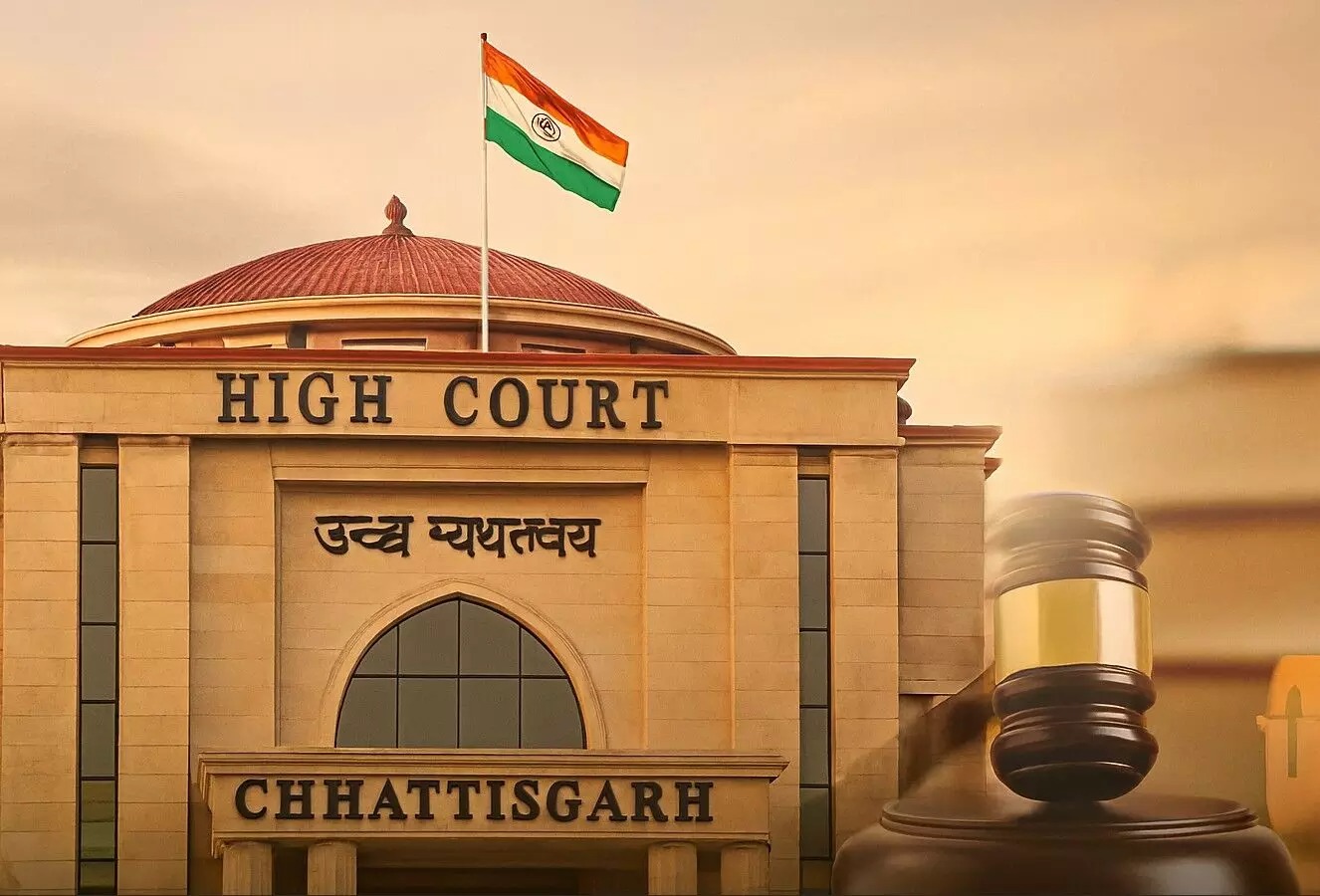Sukumaran, J.@mdashThe Petitioner has been working as a helper in the canteen in the Polytechnic, Calicut, for about 10 years, according to him.
2. The polytechnic is one among those run by the State Government. The Polytechnics have hostels attached to them. About three hundred students avail of the hostel facilities in Calicut Polytechnic. On 17th December 1976, Government passed an order regarding the staff in the hostels. The staff was directed to exercise an option:
Whether they preferred Government Service or polytechnic service. The option so exercised, was accepted by the Government which passed Ext. P-3 order on 14th January 1977. The staff consisted of the head cooks and helpers.
3. The Petitioner and three Ors. similarly situtate submitted a representation on 20th March 1984, to have their services too, regularised. A reminder representation (Ext. P-2) was sent on 26th May 1984. The addressees where the political masters and the civilian bosses: the Chief Minister and the Education Minister; the Government Secretary and Director of Technical Education. It was complained that they were "not even favoured with a reply''. That representation too could not procure a reply. The Administration is too busy to look into the representations of such menials. Another representation addressed to the Education Minister (Ext. P-1) was sent on 7th February 1985. It would appear that he persevered with the representation exercises even thereafter. He did not then anticipate the worst. Yet it happened. His services were terminated on 15th July 1986. The next representation dated 1st August 1986 (Ext. P-5) presented the dichotomy of his agony: the termination and the earlier cry for regularisation. His representations went in other directions too: to the Principal of the Polytechnic, the District Labour Officer etc. At long last, came the reply from the Principal. The reply is owned and adopted as the reply of all in the Government, in para 8 of the counter-affidavit. It stated that the Petitioner was only a ''cooly'' employed by the students, one among the many employed according to the requirements of the situation and that his services could not therefore be regularised.
4. His further representations to the Director of Technical Education and the Secretary to Government were, understandably enough, ignored with the utter unconcern of the Governmental mechanism. Then he came to the Court seeking a relief referred to in that easily available article of the Constitution, Article 226.
5. The counter-affidavit sworn to by a Head Clerk of the Directorate of Technical Education, is ineffectual in conveying the contentions of the department. A specimen of the sentences contained in that document reads:
Shri Dasan was engaged by the students only during the period when the mess was running in the hostel.
(emphasis supplied)
Yet Anr. sentence in paragraph 10 is:
The Petitioner had been informed the helplessness of the situation, for a consideration, as rules do not permit.
6. What is gatherable as the substantial arguments in opposition of the prayers of the Petitioner are Kerala Government Polytechnic, Calicut, is a fully owned Government Institution. Regular appointments are made for cooking and other works by the Director of Technical Education. Mess for the hostelers is run by the students. The Mess Committee is elected from among the hostelers. The Mess Committee engages persons for cleaning purposes and pays only on the basis of the days attended. Vacation, holidays, and the spells of student strike, all constitute a break in their service. Those who have been absorbed in the Polytechnic service were persons appointed by the Principal as distinguished from those appointed by the Mess Committee. The Petitioner being an appointee of the mess committee is hot therefore entitled to any relief. His representations have been replied by communication dated 3rd October 1986.
7. Counsel for the Petitioner contended that in respect of an establishment run by the Government, an appointment to a permanent post should not be indefinitely deferred, if facts and circumstances posit the necessity for such a post and indicate the continuity thereof. Reliance was placed on two decisions of the Supreme Court,
8. I am inclined to hold that there is merit in these contentions. If the institution is admittedly one run by the Government, the post therein should ordinarily be attached to the Government service. Even if a democratic element is introduced in relation to the running of the institution, it will not change the basic character of the service and of the posts. Students may change from year to year. Their committee may be different from month to month. The posts needed for the working of a hostel however, have to continue irrespective of the complexion or composition of the committee. In relation to the essential posts therefore, the Government has necessarily to own the responsibility for recruitment and liability for payment. It cannot, like a private entrepreneur, lease out the offices or allow contractors and sub-contractors to undertake the planning and manning of the Government posts.
9. That is the general approach and attitude pointed out by the dicta and decisions of the Supreme Court.
10. Looked that way, the question that has to be considered is whether the helper post is a needed one and of permanent duration in the hostel establishment. The Government Orders would indicate that at least two cooks are thought fit to be in the polytechnic service. Cooks concentrate on culinary crafts and the cooking materials. Generally speaking, they could not attend to the cleaning needed in a dining hall. Merely inflating the number of cooks may not serve the purpose. Too many cooks, as the old saying goes, may spoil the broth.
11. The cleaning operations in a spacious dining hall require effective arrangements. Some may believe that cleanliness is next to godliness. Even those who do not swear by godliness, would insist on cleanliness as a pre condition for creating healthy and hygienic surroundings. A posh dining room of a luxuriant hotel may remind one of the lines in Milton''s sonnet: They also serve who only stand and wait. The luncheon there have a fusion of all the etymological ingredients of the word-lump of food, noon and drinks. Even when such sophistry is unavailable in a students'' hostel, cleaning operations have to be done during and after every meal. It is necessary before the food is consumed and when the consumption is over, brisk activity is needed for the purpose. Removal of the used plates, and the operation ''table clean'' have their own exactions of standards. Neither the cooks nor the helpers of the cooks would. ordinarily be available for the swift work in the peak hours. These facts will clearly establish the necessity for a post and for the permanency of its character. The fact that the Petitioner had been doing that work for nearly a decade is corroborative of the enduring character of the post and the permanent feature of the work.
12. A tenuous argument is put forward in the counter-affidavit about the services not being continuous, owing to the closure of the mess during the vacation and-other occasions already alluded to above. If that be so, the cook, helper and the sweeper, all have to make an exit during the mid-summer recess and other vacations. Does not that logic apply to many enjoying the vacation? Nonfunctioning of the mess is hardly a distinguishing ground to defeat the Petitioner''s claims; especially when in all the hostels run by the Government, vacation happens to be an occasion when they could have some relaxation.
13. The decisions of the Supreme Court rendered in recent times, have cast on the Government a rigorous obligation to punctiliously practice non-discrimination in relation to employees having substantially basic similarities.
As noted earlier, the mere fact that the Government could introduce an element of democratic functioning such as by appointment of a mess committee would not alter the fundamental character and nature of the post or the appointment of the incumbent. The crucial and cardinal question would be the nature of the post linked with the establishment, the duties assignable to it and the nexus which the post has to the establishment.
14. The reply to the representation of the Petitioner dated 3rd October 1986 (as done by the Principal and evidenced by Ext. P-4) obviously has not attempted an evaluation of the relevant factors nor adverted to current legal thoughts. Such a disposal of the representation cannot measure up to the requisite degree of satisfaction, when coming up for- consideration for curial correction. I quash Ext. P-4 on the ground of non-application of mind in relation to the facts, their cumulative effect on the complex question, and the real principles that should inform the authority which deals with such a representation.
15. It is only proper that the representations are considered at the highest level, and with the proper evaluation of the facts and law as indicated above. I direct the Government to pass orders afresh on the representations particularly in the background of the legal and factual aspects highlighted in this judgment. There will be a direction to that effect to the Government. The Government shall consider within a period of three months from the receipt of the judgment the question of framing a scheme for regulating the appointment to the posts needed for attending to the cleaning operations in the hostels such as the one in which the Petitioner is engaged. The original petition is allowed as above.
16. Counsel for the Petitioner attempted to portray the picture of the helpless Petitioner, working at a lower level and placed in the lowest social set up. The tragedy which befell him in the form of termination of services even as he was aspiring for absorption in the permanent service, and that too in the Harijan year, was vividly presented to the Court. The weakest sections as yet do not appear always to have the strongest champions. It has been so in very many climes and times, and in regimes of different types. The Petitioner belonging to the weakest section in the society, has an individual sorrow. The entire section itself wallows in the waters of similar sorrows. Did not the State Government succeed in avoiding a simple notification for over a decade, when that notification could effectuate the benefits of a Parliamentary enactment (the Motor Vehicles Amendment Act, 1982) which conferred special benefits for the Harijans. Another State enactment intended to protect the Scheduled Castes and Scheduled Tribes subjected to ruthless exploitation, is virtually kept in the cold storage, even when its constitutionality had been upheld by the two decisions of the Supreme Court and the implementation had been carried out even in neighboring States. Those in the lowest positions, financially and socially, may have to fight against obscurantist obstructions imaginatively, intelligently and yet legally, and constitutionally.

